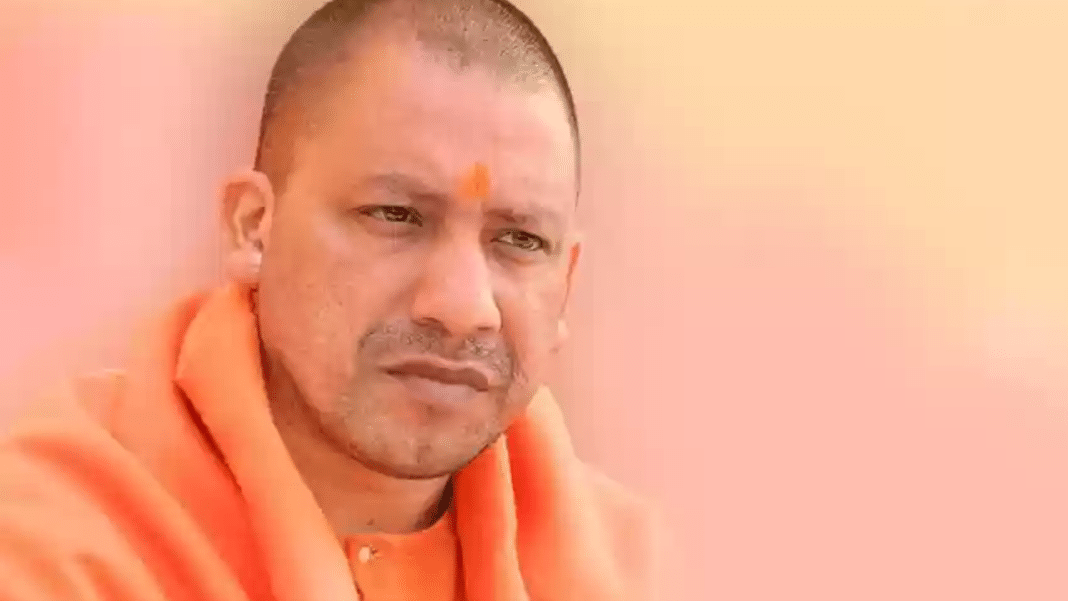CM Yogi Adityanath Asserts Pakistan’s Fate: Uttar Pradesh Chief Minister Yogi Adityanath made a strong statement during an event commemorating ‘Partition Horror Day’. He claimed that Pakistan would either merge with India or face complete destruction. This bold assertion has sparked discussions about the feasibility and implications of such a scenario.
Adityanath’s Criticism of Congress and Reflection on Partition
CM Yogi Adityanath Asserts Pakistan’s Fate: During his speech, CM Adityanath also criticized the Congress party, accusing it of betraying the country during and after the partition of 1947. He argued that Congress never apologized for the tragic events of partition and has repeatedly harmed the nation whenever in power. He highlighted the decline of the Hindu population in Bangladesh from 22% at the time of independence to just 7% today, stressing the importance of supporting Hindus in Bangladesh and realizing the dream of ‘Akhand Bharat’ (Unified India).
Historical Context of Merging States Post-Independence
Adityanath drew parallels with the period of independence when there were around 562 princely states in India. Some chose to merge with India, while others, like Hyderabad and Jammu & Kashmir, sought independence. He praised India’s first Home Minister, Sardar Vallabhbhai Patel, for his efforts in merging these princely states into India, suggesting a similar approach could be applied to Pakistan.
Challenges of Merging a Sovereign Nation
Despite Adityanath’s claims, experts argue that merging a sovereign country like Pakistan with India is far more complex. It involves navigating numerous international laws and gaining the cooperation of multiple nations. While partitioning a country is challenging, merging two countries is an even more formidable task that requires diplomatic finesse and global consensus.
Yogi Adityanath’s Vision of a Strong India
CM Adityanath concluded his speech by reflecting on India’s progress over the last decade. He emphasized that India’s growth has impressed the world, and many countries now look to India in times of crisis. He also criticized the leadership of 1947, suggesting that with stronger willpower, the unnatural partition of India could have been prevented.





